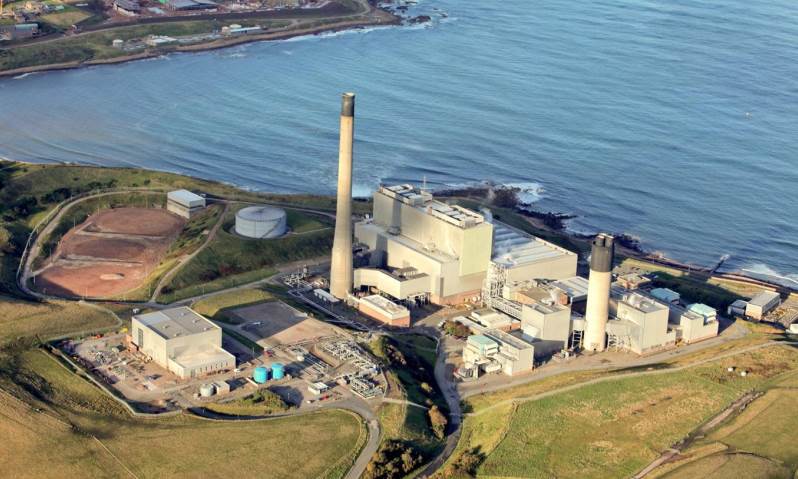Government reneges on £1bn for carbon capture and storage
Government funding to support the development of carbon capture and storage and storage technology has been withdrawn, a move that could lock industries into paying higher carbon taxes.
In a regulatory note to the London Stock Exchange, the government said: “Following the chancellor’s Autumn Statement, HM Government confirms that the £1bn ring-fenced capital budget for the Carbon Capture and Storage (CCS) Competition is no longer available.
“This decision means that the CCS Competition cannot proceed on its current basis.”

Today’s announcement coincides with a pledge by chancellor George Osborne to double spending on energy research, including a major commitment to small modular nuclear reactors.
The UK government originally planned to use the £1bn competition to fast track the development of CCS technology, which could allow the safe removal and storage of harmful carbon emissions from coal and gas plants.
In 2012 four projects were shortlisted for the next phase of the competition, with Shell and SSE’s CCS scheme at Peterhead and Capture Power Ltd’s White Rose project at Drax Power station emerging as front-runners.
Register now to continue reading
Thanks for visiting The Engineer. You’ve now reached your monthly limit of news stories. Register for free to unlock unlimited access to all of our news coverage, as well as premium content including opinion, in-depth features and special reports.
Benefits of registering
-
In-depth insights and coverage of key emerging trends
-
Unrestricted access to special reports throughout the year
-
Daily technology news delivered straight to your inbox










Water Sector Talent Exodus Could Cripple The Sector
Maybe if things are essential for the running of a country and we want to pay a fair price we should be running these utilities on a not for profit...